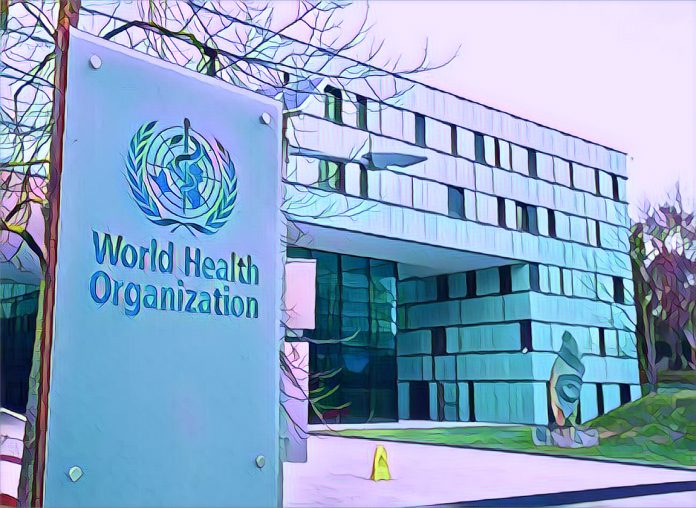The World Health Organisation (WHO) has launched an urgent appeal for $1.5 billion to protect the most vulnerable populations in 41 emergencies around the world in 2024.
The appeal covers the emergencies that demand the highest level of response from WHO, to reach over 87 million people. These include humanitarian crises caused by conflict, climate change, and economic instability, which continue to fuel displacement, hunger, and inequality.
The funding will enable life-saving health care, distribution of critical health supplies and equipment, along with maintenance of essential health services to ensure continuous care, the organization said in a statement on Tuesday.
The appeal comes at a time when the world is facing unprecedented challenges from the pandemic, which has exposed the fragility of health systems and exacerbated existing inequalities. According to WHO, more than 235 million people will need humanitarian assistance and protection in 2024, a nearly 40% increase from 2023.
“Health is the foundation of human dignity and the cornerstone of humanitarian response,” said Tedros Ghebreyesus, WHO director-general. “For those facing emergencies, disruptions to essential health services often mean the difference between life and death. From mothers giving birth during the conflict, to aid to young children in drought-affected regions, to those receiving cancer treatment or dialysis, health care saves lives.”
The appeal notes the positive value of funding to support people with humanitarian needs as every $1 invested in WHO delivers a return on investment of at least $35.
The funding will also support direct access to health care for communities in hard-to-reach areas, in partnerships with local organizations, and effective response to monitor, share information, and document outbreaks and attacks on health workers.
Other important actions are the maintenance of existing healthcare systems and building resilience against future threats.
The appeal is part of the Global Humanitarian Overview 2024, which is coordinated by the UN Office for the Coordination of Humanitarian Affairs (OCHA) and brings together the appeals of 34 humanitarian organizations.
The largest share of the funding requested by WHO, $705 million, will go to the Eastern Mediterranean region, which hosts some of the most protracted and complex emergencies in the world, such as Syria, Yemen, and Afghanistan.
The African region will receive $334 million, followed by the European region with $183 million, the Americas region with $131 million, the South-East Asia region with $49 million, and the Western Pacific region with $15.2 million.
“With the support of donors, we will save lives, meet critical health needs for the most vulnerable, and help communities emerge from crises with a greater ability to tackle future health threats. WHO appreciates all the support received in 2023, which allowed us to assist millions of people. As we enter 2024, the solidarity and support of the international community is needed more than ever,” said Tedros.
The WHO also stressed the importance of investing in preparedness and prevention, as well as addressing the root causes of humanitarian crises, such as poverty, inequality, and violence.
The organization said it remains committed to working with all partners to ensure that everyone, everywhere, has access to quality health care and protection, especially in times of crisis.
Source: Business Day



